This page contains some affiliate links. Please review my disclosure policy.
It’s no secret I love wine. Over the years I drink far less than I used to (RIP to my college years) but when I do drink it’s far more intentional and really about enjoying the drink itself and the people I’m with. Gone are the days of drinking litre bottles of Kangaroo Trail (please tell me anyone in Montreal remembers this!) in preparation for a night on the town. I’ve officially become a wine snob and I’m not mad about it.
Now, I’m no expert on wine. I acknowledge my own shortcomings and the amount I have to learn. However, as I’ve expanded my knowledge on the food industry and how to make more sustainable choices I couldn’t help but extend this to the wine industry. Moving to California doesn’t hurt either as my exposure to wine is much higher. Over the years I’ve had the opportunity to try and learn a lot about natural wines and I figured this might be a topic some of you would be interested in learning more about. So with that let’s begin a discussion about natural wines as well as some of my favorites to choose from.
What is a natural wine?
As with all products deemed “natural” there is not one definition for what a natural wine is. From the farming practices to the actual winemaking there are upgraded processes being used from conventional wine. There are no additives used and the wine is typically made in small batches because of how intentional the process is.
The farming could be considered biodynamic, organic or sustainable. While there is a lot of overlap in these categories, they all have different fundamental ideas.
Organic Wine
Organic wine follows the same restrictions and practices as organic farming. I’ve done a deep dive into if organic really matters and reasons to choose organic and the same information applies to wine! Organic wine is made from organic grapes, no GMO’s and no added sulfites. All additives (fermentation and preservation ingredients) must also be organic.
Biodynamic Wine
Biodynamic farming thinks about the entire farm or vineyard as being connected, a single organism where every step affects the rest. Wine Folly describes biodynamics as the “holistic view of agriculture.” Like organic wine, everything is farmed and fermented organically but taken a step further through certain types of planting + harvesting practices (following a lunar cycle) and more diverse planting processes. An example of this would be a biodynamic farm which also includes farm animals who eat the plants grown whose excretions then become compost etc…
Sustainable Wine
Like I mentioned, there is a lot of crossover with these definitions! Sustainable and biodynamic are very closely related but sustainable winemaking really focuses on reducing waste. Sustainable winemakers take into account how much water and energy they’re using in the farming and wine making processes so they may be powering their machinery using solar or depending on natural rainfall rather than irrigation.
Certifications: There are many different certifications that natural winemakers can get but not having the certification does not make wine produced naturally less sustainable. If organic is super important to you, look for the USDA organic seal or Demeter Certified Biodynamic for biodynamic wines but keep in mine not all small wine producers can afford and/or have the time to apply for these certifications.
Is Natural Wine Healthier?
This is a controversial topic as wine is still wine after all. There is still a lot of controversy out there regarding whether organic (or biodynamic) foods or wine is healthier, so I’m not going to make bold claims here. In my personal opinion, consuming things without added pesticides is better for your health – this is especially true of glyphosate.
Which brings us to a conversation about sulfites. Sulfur Dioxide occurs naturally in the winemaking process at very small amounts. However, 99% of conventional wine contain added sulfites. Sulfites are added to maintain freshness of wine due to its natural antibacterial properties. Now, sulfites themselves are not inherently bad, however according to the FDA 1% of the population is sulfur-sensitive meaning they lack the natural enzyme to break down sulfites in their body. But many foods actually have more sulfite than the amounts found in wine so it isn’t anything to worry about unless you have a sulfite-sensitivity or allergy.
One thing I will add is that natural wine is without question better for the environment. So from an environmental perspective you are better off choosing natural wine over conventional.
My Favorite Natural Wines
One of my favorite activities is wine tasting and due to proximity to Napa and Sonoma but suggestions for natural wines tend to congregate in those areas. However, natural wines are not limited to these areas. Generally, a lot of European wines tend to use more sustainable and natural wine-making methods and the label “natural” is less popular there. It tends to be more of a North American thing. But if you happen to be in the Northern California wine region I highly recommend you check out some of these wineries or see if they ship to you!
DaVero Farm and Winery (Biodynamic)
C and I are actually members at this Healdsburg/Dry Creek Winery. All of their grapes are Italian varietals and unbelievably delicious. Our favorite is their 2016 Primitivo but honestly all their wines are good.
Preston Farm and Winery (Biodynamic)
This winery will always hold a special place in our hearts as we went here right after we got engaged with both of our parents. The farm is STUNNING. The food, including their home grown cured olives and homemade bread is so good and their wine is fantastic. A not-to-miss stop in Dry Creek.
Porter Bass (Biodynamic)
Low-key, relaxed, small family-owned vineyard in Guerneville. We love it here but are particularly big fans of their zinfandel.
Red Car Wines (Organic)
One of our favorite organic rosés and a beautiful tasting room just outside downtown Sebastopol.
Medlock Ames (Organic)
You may remember that C and I went here on our honeymoon. We did the full farm tour which I highly recommend! Geyserville was also hit hard in last year’s fires and while Medlock Ames’ vineyard was not affected, the lack of tourism to the region absolutely has an impact so if you can go here, please do!
Scribe Winery (Biodynamic)
Probably one of the most popular biodynamic wineries in Sonoma. This place is truly magical. Their skin-ferment chardonnay is incredible and if you have the time I recommend doing the full wine and food-pairing tasting at their Hacienda.
Tablas Creek Vineyard (Organic)
This winery is actually down in Paso Robles (about 3.5-4 hours south of San Francisco). We stopped here on our way home from our Southwest Road Trip. This winery has an interesting history as it was started as a sister winery to two organic wineries in France.
* * * * *
Honestly, there’s so much more I could say on this topic but I’ll stop things here. As always, this is not meant to scare you or force you to throw out all of your wine. I still drink conventional wine but when it comes to tasting and/or buying wines at home we like to stick to natural when possible. I’ll continue to add to this list as I discover more. C and I are headed to New Zealand next month and I’m excited to add some natural New Zealand wines to this list. Stay tuned!
Do you have a favorite natural wine brand or winery? Let me know below.
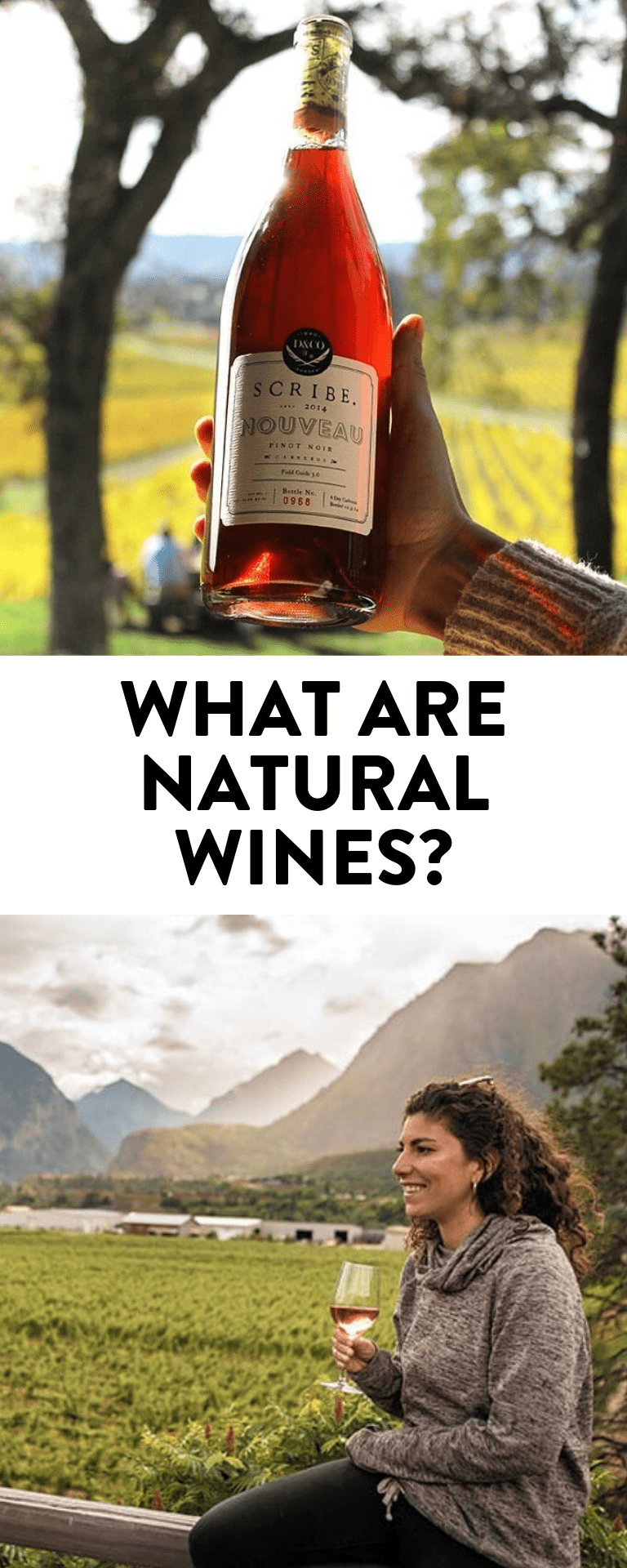
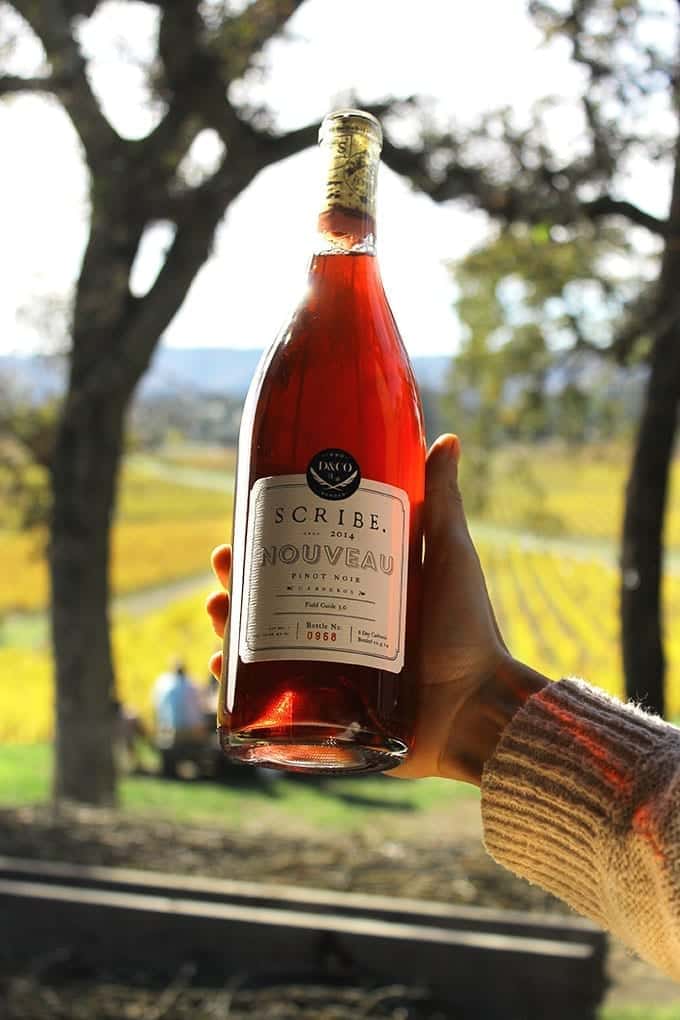
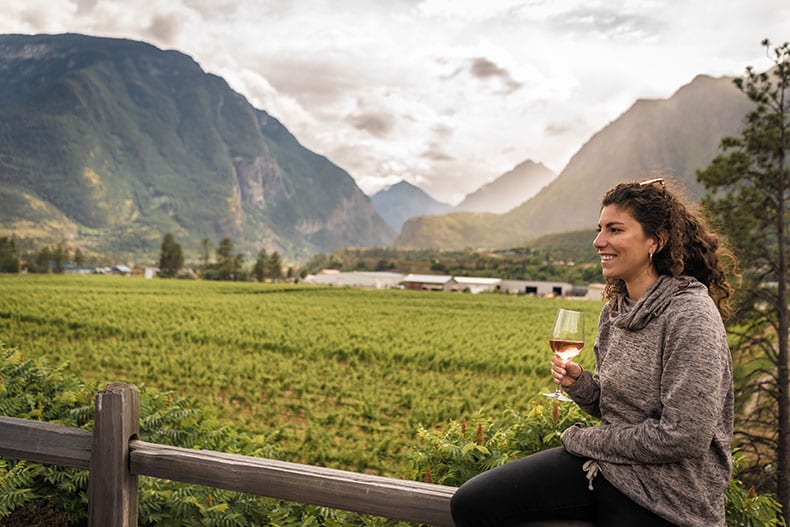

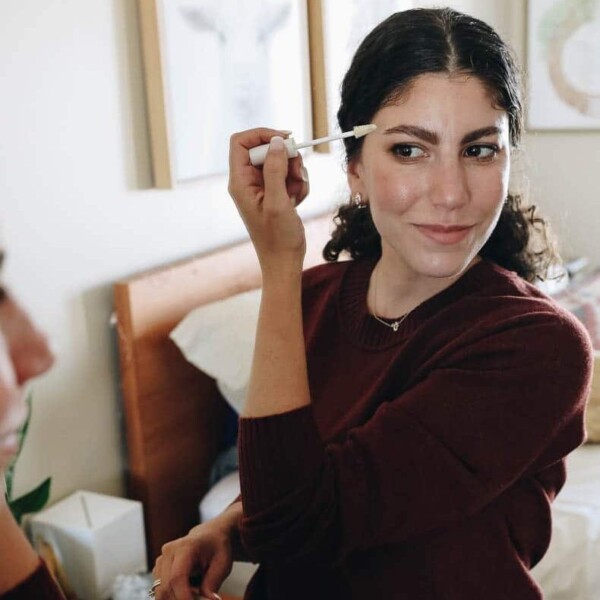
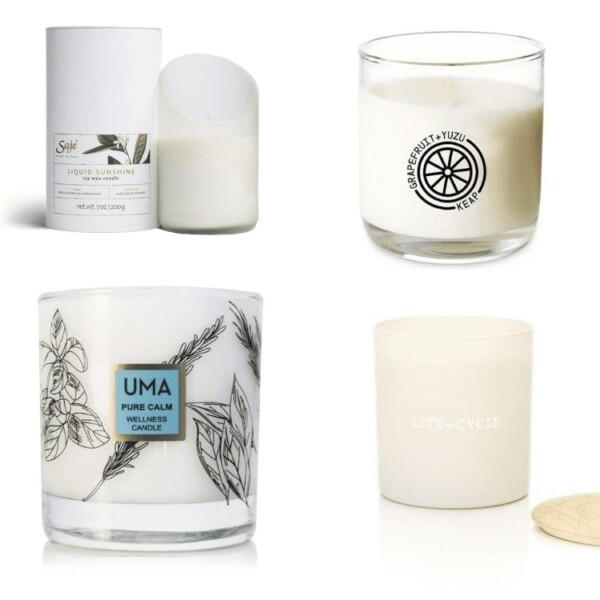
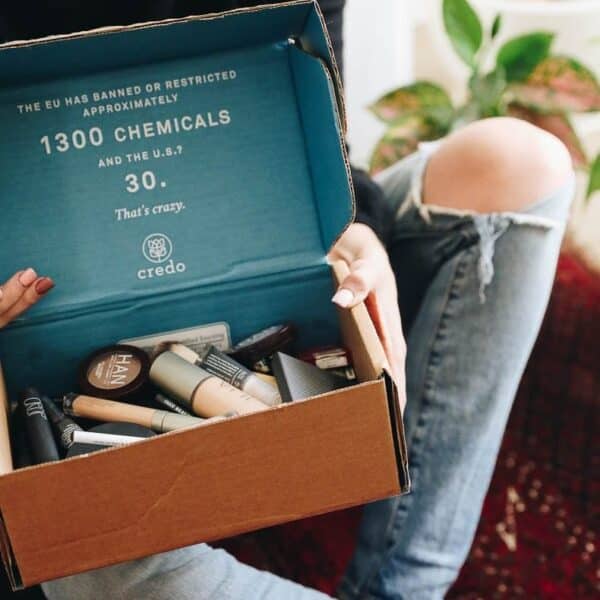
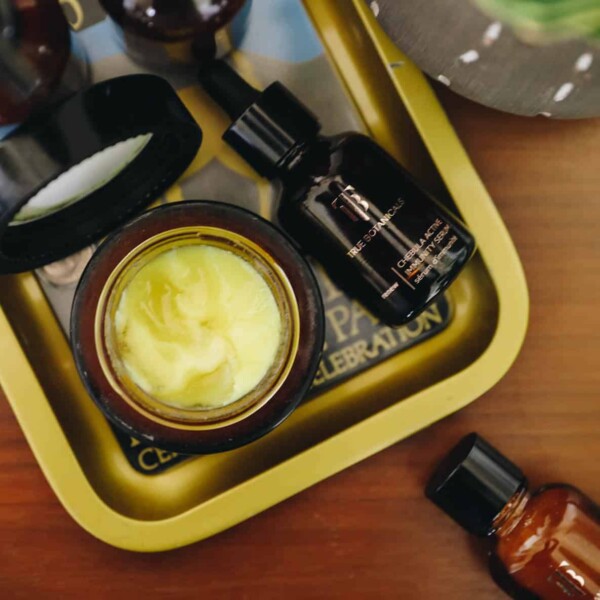


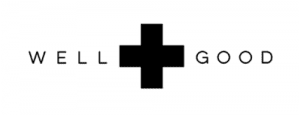


thoughts/opinions on Dry Farm Wines?
Thank you for sharing this! And major thanks for not just being a sales person for scout and cellar (or beauty counter [which i know you could, but you don’t constantly promote it], or fabletics, or all the other things bloggers are selling these days).
Of course! Nothing irks me more than people pushing products even though they aren’t actually good. Glad you found this post helpful!
Great post! A few other amazing natural wines in the area – Broc Cellars, Donkey & Goat, and Windchaser are all on the same block in Berkeley and are great natural winemakers. I also love Unti (Sonoma County) and Forlorn Hope!
Amazing! Thank you, Jessie! Adding to the list! xx